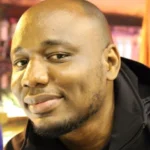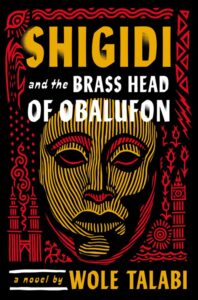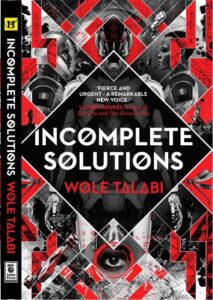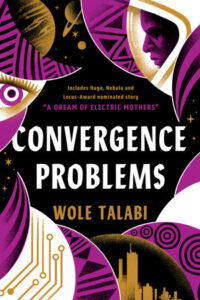Wole Talabi – Engineer, Writer and Editor
 Global Futurist Blending Tradition and Technology
Global Futurist Blending Tradition and Technology
Nigerian science fiction author Wole Talabi describes into his unique writing process, shaped by his engineering background and the concept of convergence problems.
Talabi’s work explores African futurism and its global significance, blending African culture with futuristic themes.
Notable stories like “Encore” and “A Dream of Electric Mothers” illustrate the intersection of technology and tradition, offering a fresh perspective on how imagination can drive societal progress.
Podcast (Audio)
See more podcasts and find your favorite app
RSS feed for the podcast
The Transcript
An underlying engineering mindset
Is Africanfuturism limited to Africa?
Finding the general in the specific
What is art in a world with no humans
Transhumanism and a single living entity
Consulting our ancestors with technology in a non human world
An alternate world where colonization never happened
How can we consult our ancestors today?
A Dream of Electric Mothers and The Regression Test
Stories outside time and space – Saturday’s Song
Humans are all made of stories and stories can always converge
Social media locks you in your echo chamber
Looking for enragement, not engagement, an end point
Science fiction leads to STEM careers and economic development
Science fiction stimulates the imagination
Society stagnates when people stop imagining
Less might be better than endless growth
Everyday acts of thought, kindness and imagination
Alternate energy sources are critical
Each generation improves connectivity and communication
Looking at connection in unique and different ways that change the fundamental human experience
 SUBSCRIBE TO IMAGINIZE WORLD ON YOUTUBE
SUBSCRIBE TO IMAGINIZE WORLD ON YOUTUBE
We talk with forward thinkers, scifi visionaries and pioneering organizations about people and society, AI and humans, the earth and survival. Read more Imaginize.World
Subscribe on your favorite Podcast app


More online
Wole’s website
Wole on LinkedIn
Articles
Harare Review of Books
Review Run Along the Shelves
Publishers Weekly: Convergence Problems
Clarkes World Magazine
When the World Changes: A
Conversation with Wole Talabi

